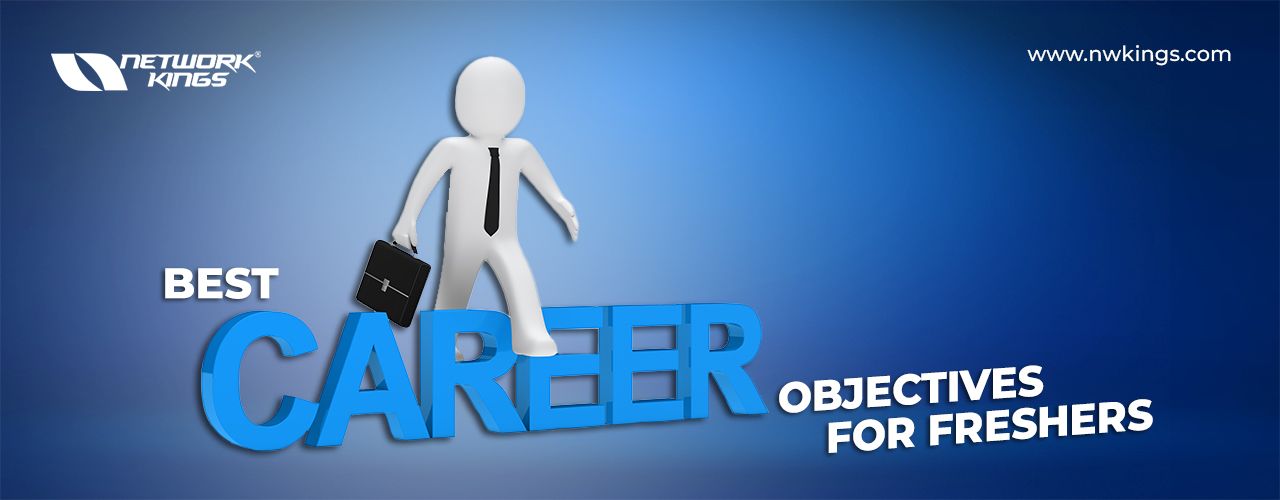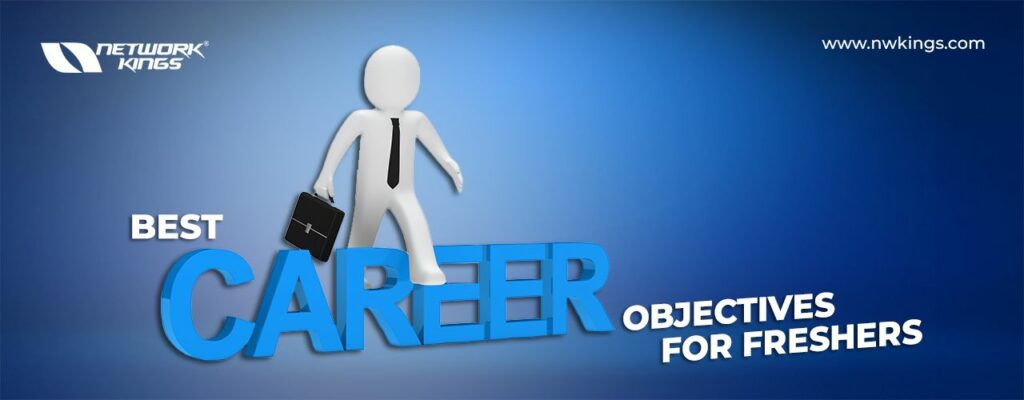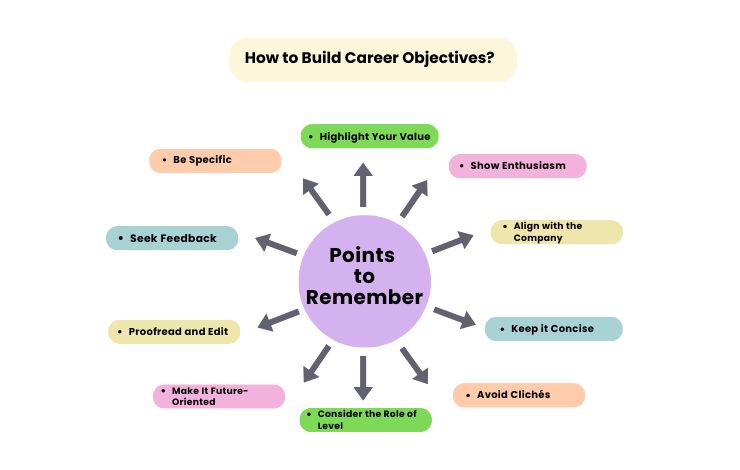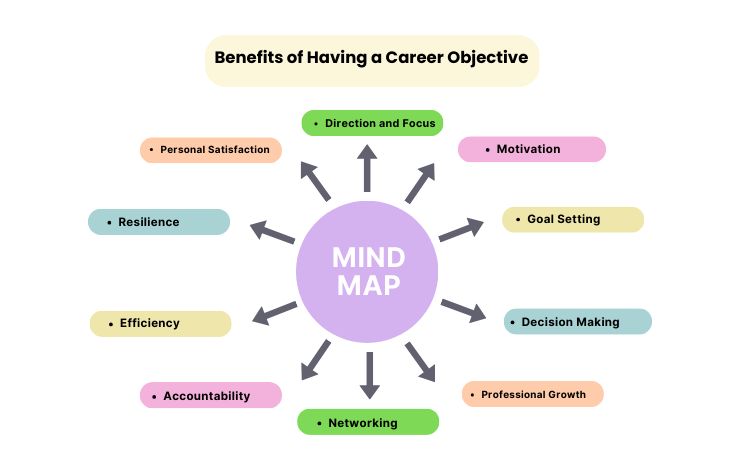
Information Technology or IT is the only future. What if you get a chance to engineer it? It is easy to become an IT Engineer if you work hard in the right direction. As IT companies grow, the demand for IT engineers is also increasing. Starting a career in IT engineering is worth it.
This blog will cover the process of becoming an IT Engineer, the benefits of becoming an IT engineer, salary, skills, and all the essentials of IT engineering.
Start your career today by reading this blog till the end!
Who is an IT Engineer?
An IT Engineer is the head of ensuring the apt working of computer systems for an association. An IT Engineer handles hardware, software, and networks. They cooperate with IT professionals invent and install equipment and programs and untangle computer problems. An IT engineer fixes faults in the computer system and upgrades technologies.
Let us discuss the roles and responsibilities of an IT engineer in detail.
What does an IT Engineer do?
Although the roles and responsibilities of an IT engineer depend on the company they are working for, there are some ordinary job roles for an IT engineer, and they are:
- Analyze and nail computer and technology cases.
- Determine which modifications and uprises to make to computer systems.
- Handle projects and blend with other IT workers.
- Record and provide answers to clients, managers, and other stakeholders.
- Operate with clients to specify their technological and software necessities.
- Format, configure, and experiment with tailored computer systems for clients.
- Order supplies and equipment as vital.
- Execute examination and coding to invent new software.
- Configure, test, and automate present computer systems.
Note: These are the roles of an IT engineer, but sometimes an IT engineer also specializes in Software development, Cloud computing, IT security and governance, Networking, Computer hardware, Systems architecture, Telecommunications, Business intelligence and analytics, Web design and development, and Data science and machine learning.
What are the types of IT engineers?
Numerous types of IT engineers are available, and every IT engineer has a different role to perform. Here is a list of various IT engineers and the job.
- Software Engineer: A software engineer constructs and structures software applications. Skills they need communication skills, innovative thinking skills, and knowledge of various programming languages.
- Quality Engineer: A quality engineer maintains the quality of the products and adds suggestions for improvement. They test the product and elate the problems.
- DevOps engineer: A DevOps Engineer is a master of coding and engineering. They devise and develop existing networks. A DevOps engineer augments an efficient workplace by managing system software.
- Support engineers: Support engineers support technical issues in the computer system. They report product defects and suggest improvements.
- Data Engineer: Data engineers manage the data flow. They ensure secure data management, such as Python and Java. They should also know algorithms and machine learning.
- Mechanical engineer: The Mechanical Engineer develops mechanical equipment and systems, including machines, tools, and engines. They design, build, test, and inspect them.
- Web Engineers: Web Engineers are specialists in internet-based applications and software tools. The Duties of a web engineer include planning program functionality, executing network communication systems, constructing user-friendly interfaces, and inventing websites.
- Security Engineer: The Security Engineer helps to maintain data security by creating a cyber security system.
- Cloud Engineer: A Cloud Engineer monitors the designing, controlling, and maintaining of cloud infrastructure.
- Test Engineer: A Test Engineer encounters imaginable concerns and confirms product quality before its official launch. They are answerable for ingenious technologies and cost-effective alternatives. A test engineer aims to smash a proportion between many project elements, including safety and innovation.
How to become an IT Engineer?
With the proper planning and measures, you can achieve your objective of evolving as an IT engineer. Here are the steps for becoming an IT engineer:
IT Engineer Career Path
- Complete Education: A graduation degree in IT engineering is mandatory. It is a 4-year course. Choose a renowned university to add value to your resume. The studies a candidate can pursue are Calculus, Geometry, Engineering, Mathematics, Physics, General Chemistry, Engineering materials, Logical design and digital circuits, Probability and Statistics, Computer graphics for manufacturing, Computer science and engineering, Computer networking, Programming, Software engineering, and Data structures and design.
- Internship: Internships add value to your resume. So, try to get it for a minimum of 6 months. You can build good relations with professors to get placement from college.
- Master’s degree: You can expand your job prospects with a master’s degree in robotics, data analytics, and cybersecurity.
- Portfolio: Create a strong portfolio with internship experience, educational qualifications, etc. You can add your personal work experience too.
- Gain Relevant Certifications: Obtaining industry-recognized certifications can further validate your skills and knowledge as an IT engineer. Some popular certifications for IT engineers include
- Cisco Certified Network Associate (CCNA)
- Microsoft Certified: Azure Administrator Associate
- CompTIA Network+
- Entry-level jobs: To add more to your experience section, gain some work experience from entry-level opportunities.
- IT engineer jobs: After gaining experience in entry-level opportunities, you can pursue your IT engineering career.
What are the technical skills required to become an IT Engineer?
An IT engineer requires some technical skills. Let us discuss these crucial technical skills:
- Microsoft Programs Certificates
- SQL or Oracle knowledge
- Understanding of Common languages like C++
- Management of Security Protocols
- Database management
- Scripting language
- Familiarity with Networking infrastructures
- Knowing IT systems
- Multiple project management
- Framing IT solutions
- Decrypting technical issues
- VMWare knowledge
- Web app development
What are the soft skills required to become an IT Engineer?
Soft skills are equally important as technical skills. For an IT engineer, soft skills are crucial to controlling people, and adapting to their requirements is an integral component of leadership. According to the sources, 15% of the job roles get success with soft skills.
Listed below are some soft skills required for an IT engineer:
- Time management
- Communication skills
- Problem-solving
- Organization
- Leadership
- Teamwork
- Adaptability
- Creativity
- Interpersonal skills
- Emotional Intelligence
What is the Future scope of becoming an IT Engineer?
Information Technology offers a high scope to the students. It is one of the most unanimous fields of Engineering. However, there is no such denial that the stream lacks challenges.
The scope for Information Technology is imposing as opting for a career in the IT field can offer better job opportunities. Other than that, a candidate can opt for MTech in Information Technology for more profitable career chances.
How to create an IT Engineer resume?
Building an IT Engineer resume is vital for creating an IT engineer career. Here are some tips for fabricating an IT resume:
- Choose the correct layout for your engineering resume.
- Add your contact information.
- Write engineering resume aim.
- Mention Your Engineering Work Experience.
- List your educational qualifications.
- Note your engineering skills.
- Add your engineering certification and licenses.
- Fill in additional resume sections.
- Attach a cover letter with your engineering resume.
How to ace an IT engineer job interview?
Acing an IT Engineer job interview is challenging when you don’t have the correct direction. Here is how to ace an IT engineer job interview:
Before the interview:
- Showcase your skills
- Research the company
- Practice with another engineer
- Prepare with IT engineering interview questions
- Dress nicely
- Bring your resume.
During the interview:
- Display your social skills.
- Tell about previous projects.
- Don’t use your phones.
- Give innovative responses.
- Ask the right questions.
After the interview:
- Transmit a thank you note.
- Reflect on how it went.
- Study salaries.
What are the challenges of becoming an IT Engineer?
The Challenges of Becoming an IT Engineer are:
- Updating with the new technology: It takes work to get updated with the latest technology.
- Deadlines: Meeting technical deadlines is challenging.
- Uncertainty: Uncertain technical issues are a part of the IT engineering job. Dealing with such problems is frustrating.
- Balancing work-life: The IT engineering field asks for long working hours and balancing work-life is problematic.
Career Opportunities for IT Engineers
The demand for skilled IT engineers is high across various industries. Here are some potential career paths for aspiring IT engineers:
Network engineers specialize in designing and managing computer networks within an organization. They ensure network availability, optimize network performance, and troubleshoot network-related issues.
- Systems Administrator
Systems administrators are responsible for managing and maintaining computer systems within an organization. They handle tasks such as installing software updates, configuring servers, monitoring system performance, and resolving technical issues.
- Cybersecurity Analyst
Cybersecurity analysts focus on protecting an organization’s networks and systems from cyber threats. They assess vulnerabilities, monitor network traffic for potential attacks, implement security measures, and respond to security incidents.
- Cloud Engineer
Cloud engineers specialize in designing and managing cloud-based infrastructure for organizations. They work with platforms like Amazon Web Services (AWS), Microsoft Azure, or Google Cloud Platform (GCP) to build scalable and secure cloud environments.
- IT Project Manager
IT project managers oversee the planning, execution, and management of technology projects within an organization. They coordinate with various stakeholders, allocate resources, manage budgets, and ensure project objectives are met.
What are the salary expectations for IT engineers in different countries?
The salary expectations for IT engineers in different countries are:
USA: USD 57,000 per year
UK: £47,847 per year
Canada: $90,419 per year
Australia: USD 65,000 per year
Brazil: $64,239 per year
UAE: AED 48,828 per year
Singapore: $57600 per year
New Zealand: $85,000 per year
Conclusion
Becoming an IT engineer offers a rewarding career path for individuals passionate about technology and problem-solving. By acquiring the necessary education, certifications, skills, and experience, you can pave your way toward a successful career as an IT engineer. Whether you choose to specialize in networking, cybersecurity, or cloud computing – the opportunities in this field are vast. Embrace the ever-evolving nature of technology and embark on your journey as an IT engineer!










